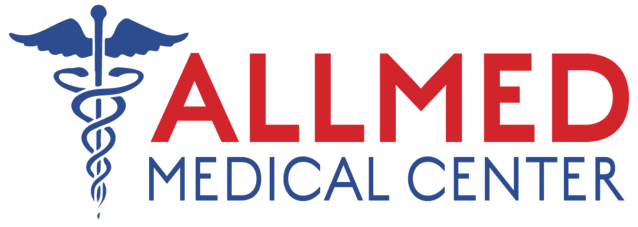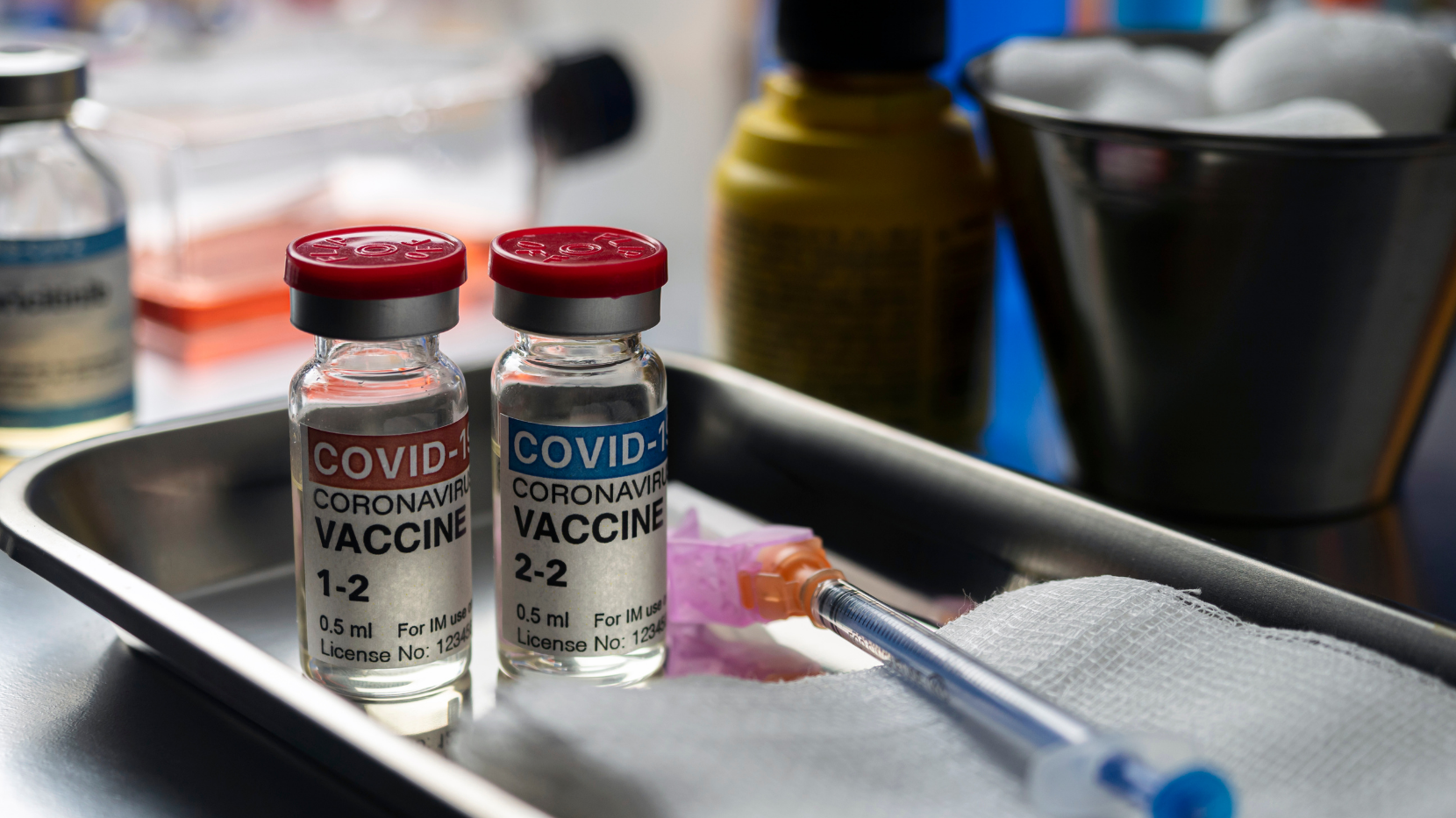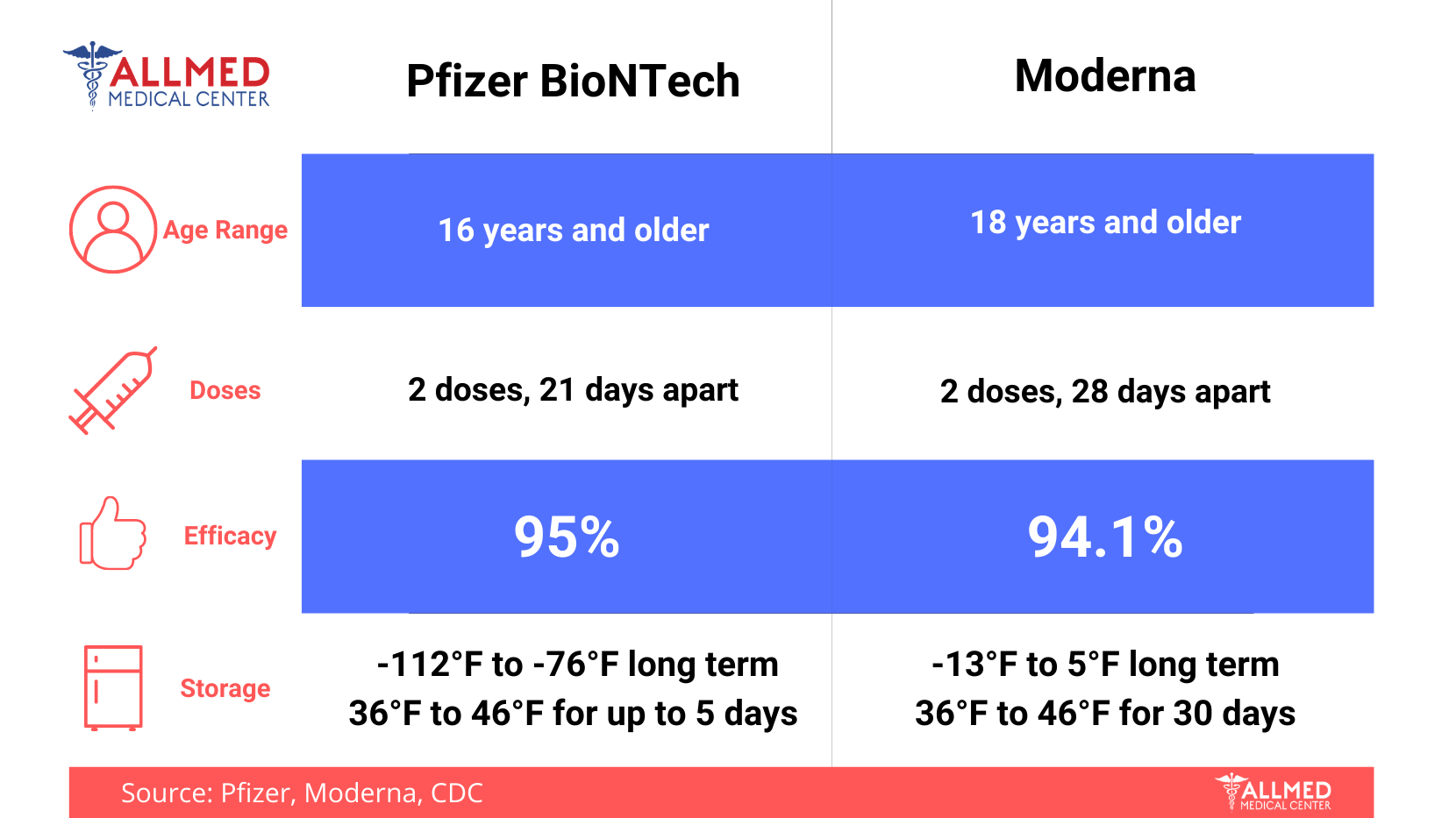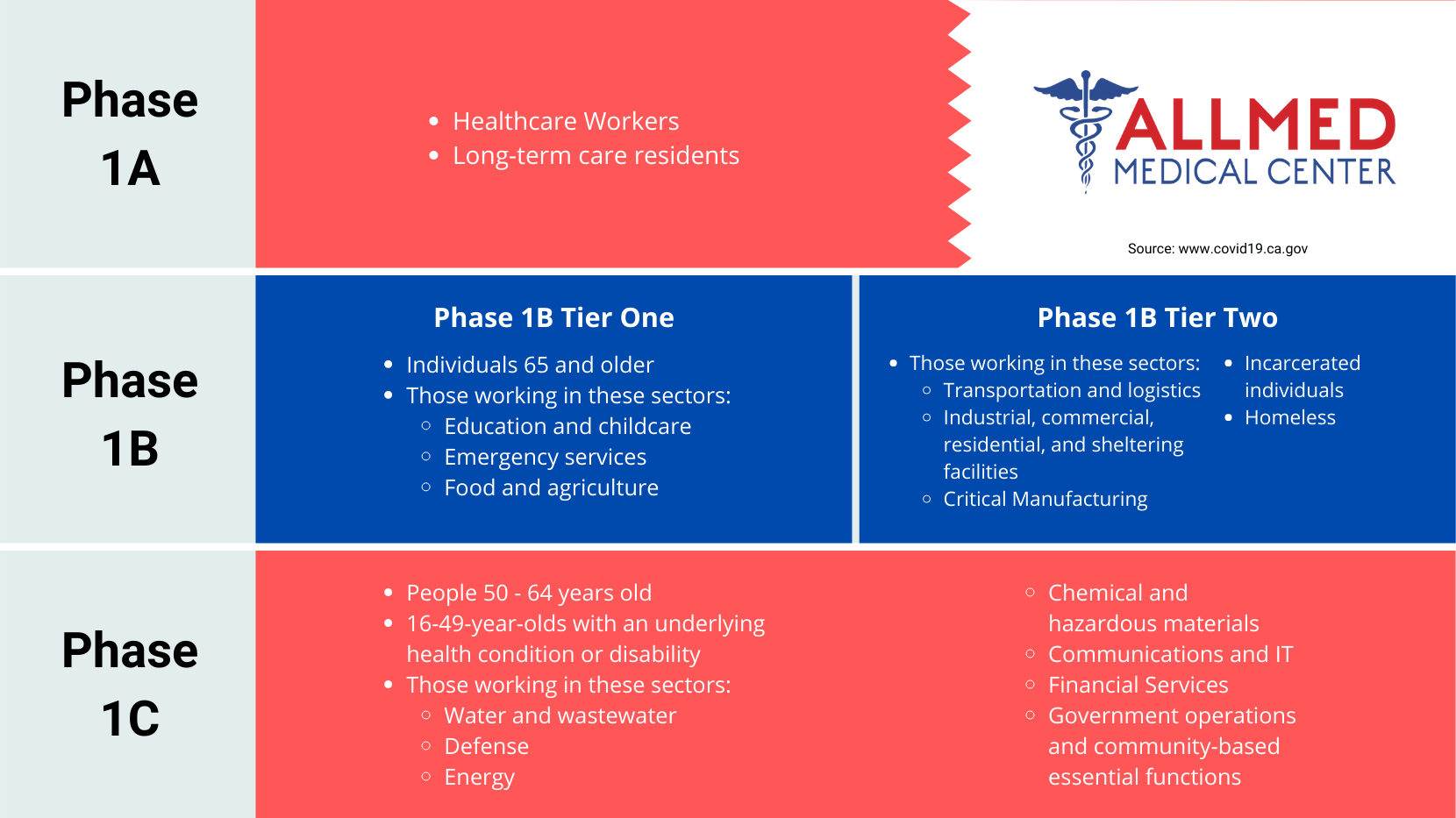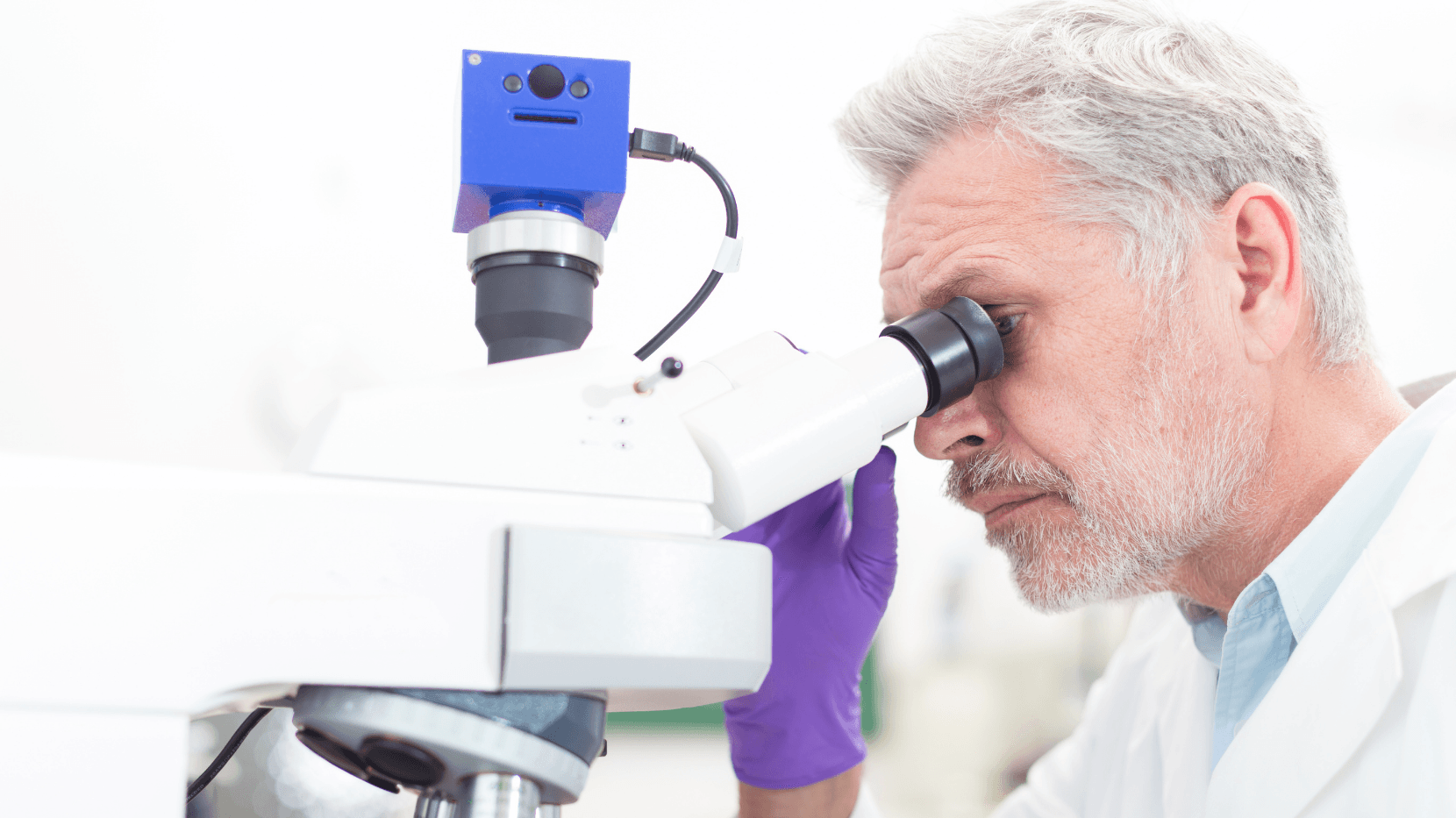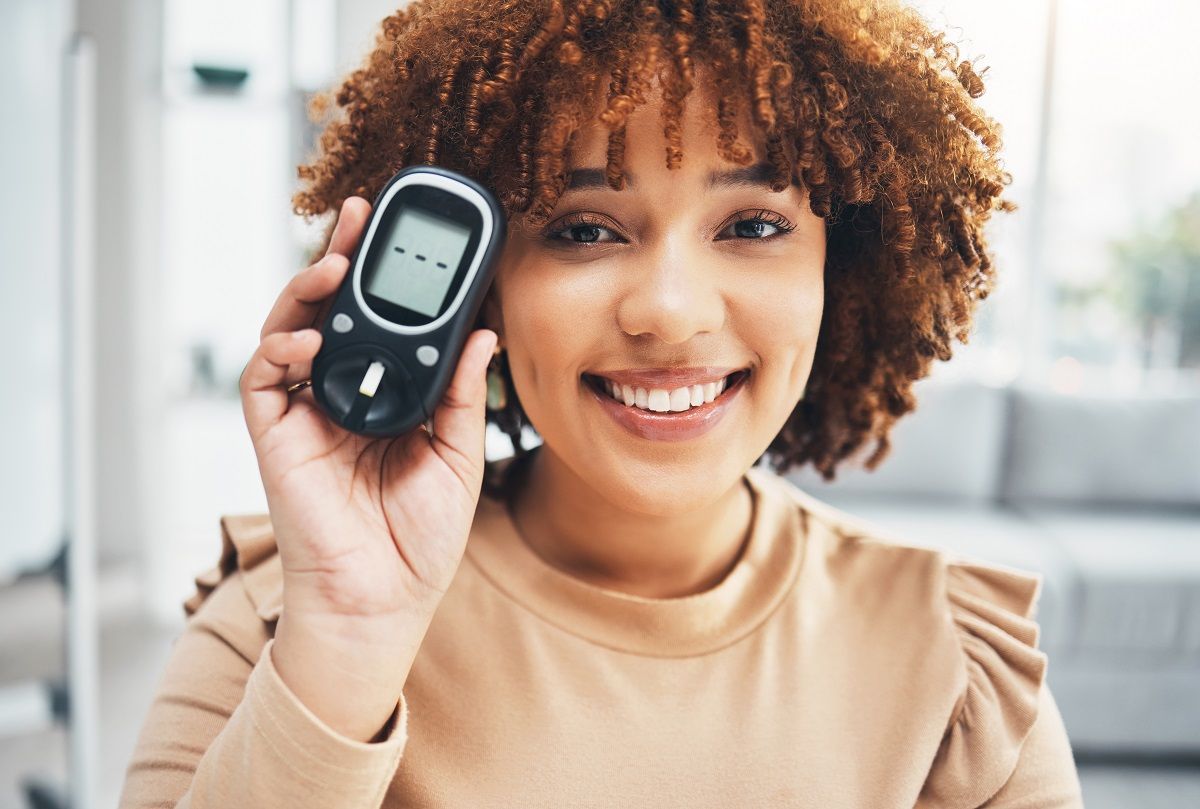COVID-19 Vaccines: Everything Californians Need to Know
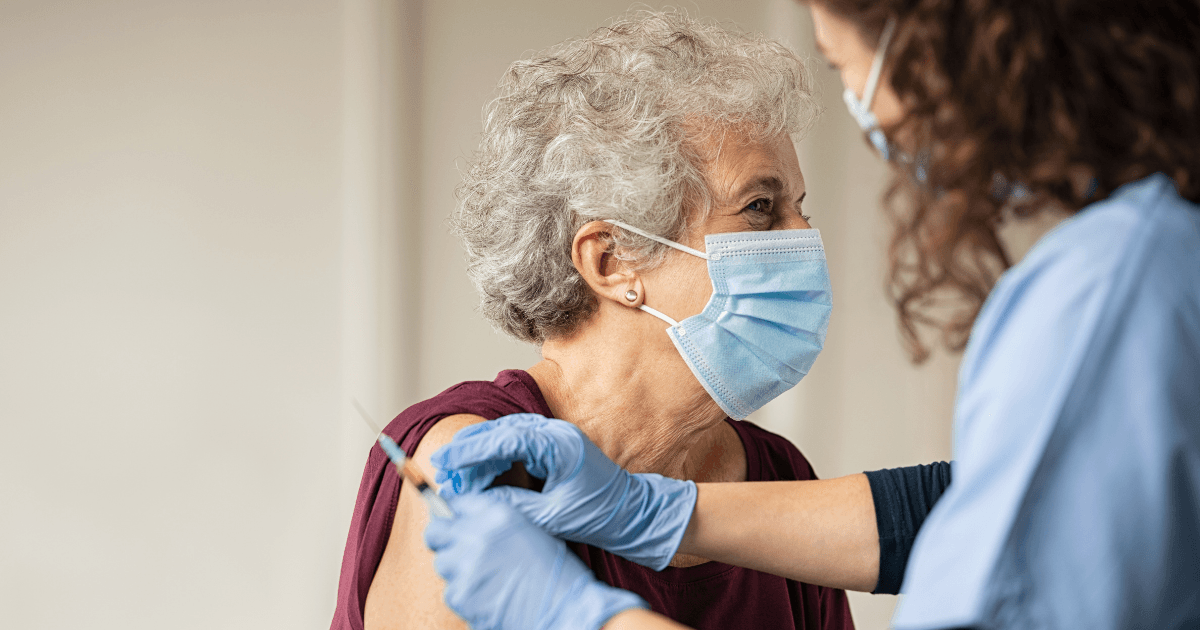
While the new year didn’t start the way we all wanted, the vaccination program keeps the hope of a better year alive. The arrival of the COVID-19 vaccines after months of extensive research and testing means that we’re finally inching closer to reclaiming our pre-pandemic lives and hopefully revitalizing an upended economy. That’s why we want to help you better understand the vaccination campaign and everything about the COVID vaccines.
We encourage you to join us in spreading the word about the benefits of getting vaccinated and dispelling misconceptions. As fellow Californians, now’s the time for us to band together and finally put an end to the pandemic.
The FDA-Approved COVID Vaccines
In December, the U.S. Food and Drug Administration (FDA) approved two COVID-19 vaccines, one from Pfizer BioNTech and one from Moderna. Additional vaccines from other manufacturers are expected to get approval early this year.
While the vaccines' arrival is cause for celebration, the differences between the Pfizer BioNTech and Moderna vaccines present unique challenges. From the limited number of doses to storage and logistic hurdles, distribution has so far been a daunting task. Out of the over
3.5 million COVID vaccine doses distributed here in California, only 1.073 million or 30.2% of doses have been administered so far, and 865,387 of them are first doses.
The U.S. has the highest number of COVID cases in the world, so the faster the vaccine rollout, the better chance we’ll have in slowing down the spread. However, only a limited number of initial doses have been distributed so far. The Federal government authorizes the states' vaccine orders and submits them to either Pfizer BioNTech or Moderna. Even if the manufacturers ship the vaccines directly to the local providers, it can still take a week or longer between order submission and when it arrives.
Having anticipated the scarcity of doses, the state of California established a priority list as to who will get vaccinated first.
California’s Vaccine Prioritization
The COVID vaccination program here in California is divided into three phases: Phase 1A, Phase 1B, and Phase 1C. As of writing, we are still in Phase 1A of the vaccine distribution, covering frontline health workers and long-term care residents. Next in line are those under Phase 1B Tier One which includes individuals 65 and older and those in education, childcare, emergency services, and food and agriculture sectors.
Ensuring Vaccine Safety and Efficacy
The COVID-19 vaccines from Pfizer BioNTech and Moderna both went through months of extensive research and clinical trials. Before granting the Emergency Use Authorization (EUA) for the vaccines, the FDA and California’s Scientific Safety Review Workgroup also conducted additional testing and scrutiny. All that helps ensure that the vaccines are safe and effective.
The Centers for Disease Control and Prevention (CDC), FDA, and other agencies are also continuing to do
further assessments of the vaccines as they roll out and are administered. This is to continue monitoring the vaccines’ real-world performance.
To show how safe the vaccines are, a number of high-profile government officials have received their shots publicly. From televised appearances to shared photos and videos on social media, there are plenty of examples of people doing their part to end the pandemic.
Among the most
prominent figures to have received their first doses are President Biden, Vice President Harris, Former Vice President Pence, House Speaker Pelosi, Senate Minority Leader McConnell, and National Institute of Allergy and Infectious Diseases Director Dr. Anthony Fauci.
Why You Should Get Vaccinated
The pandemic has shown us just how fragile our health is, which is why it’s vital to boost your immune system to ward off viruses that may cause infections and illnesses in the future. Both the Pfizer BioNTech and Moderna COVID-19 vaccines are mRNA vaccines — a new, advanced form of vaccine.
These mRNA vaccines teach your own cells to make a harmless protein found in the COVID-19 virus that then triggers an immune response. That then allows your body to generate antibodies without any interaction with the actual virus.
While no one can know the exact number, experts estimate that at least 70 percent, but perhaps up to 90 percent, of the entire U.S. population
must be inoculated to end the pandemic. However, there will still be other people who cannot be vaccinated due to health or age restrictions.
Despite the exceptional efficacy rates of both the Pfizer BioNTech and Moderna COVID-19 vaccines, there isn’t much data yet for their effects on certain groups, like children and pregnant and breastfeeding women. The FDA also advises those with known vaccine allergies against getting the COVID vaccine. That’s why it’s vital for those who can to do their part and get vaccinated.
We strongly advise you to consult your doctor first before getting your COVID vaccine because you may have certain conditions that would make your body react differently to it. Generally speaking, though, the side effects are not harmful. They vary from a sore arm, to body aches, fatigue, or fever. When you experience these symptoms days after you get your first dose, it only means that your immune system is already developing defenses to protect you from the virus.
Despite the
alarming surge in cases and the emergence of a
more contagious COVID-19 mutation, the vaccines give us a glimmer of hope that we’re finally nearing the home stretch. While we may still have plenty of work left to do, getting vaccinated is an assurance of a better future we can all look forward to.
AllMed Medical CentersServing
Greater Sacramento
Allmed Medical Center | All Rights Reserved.
